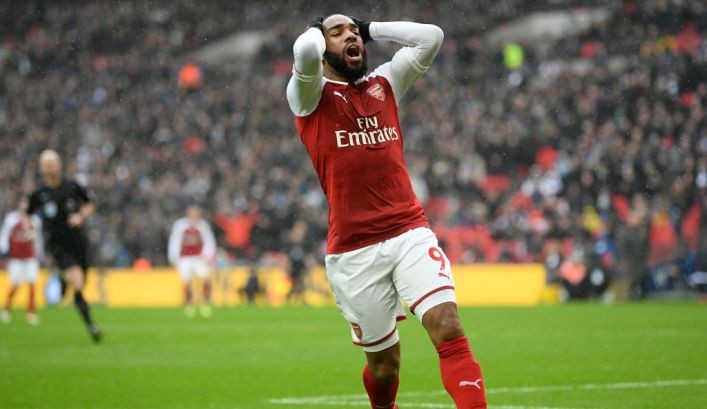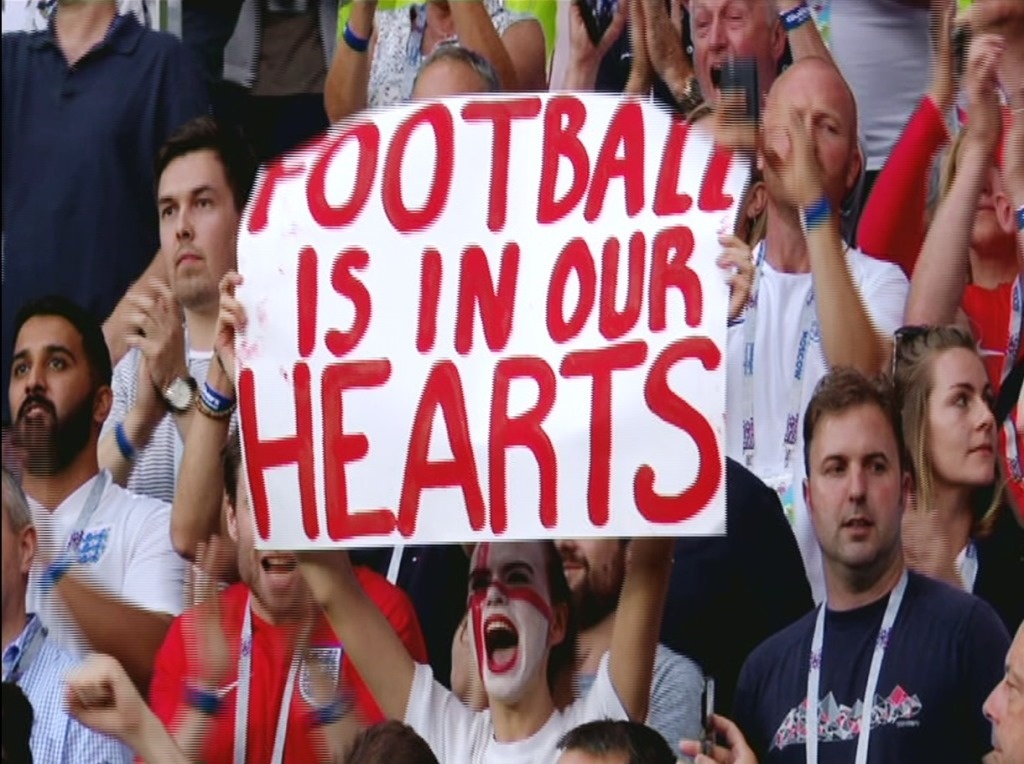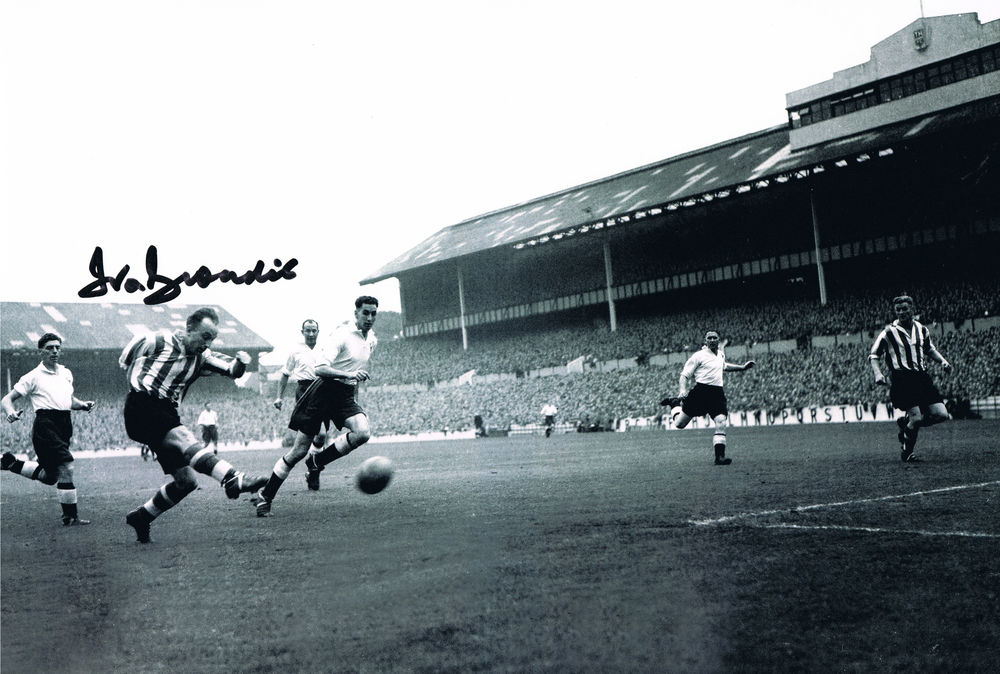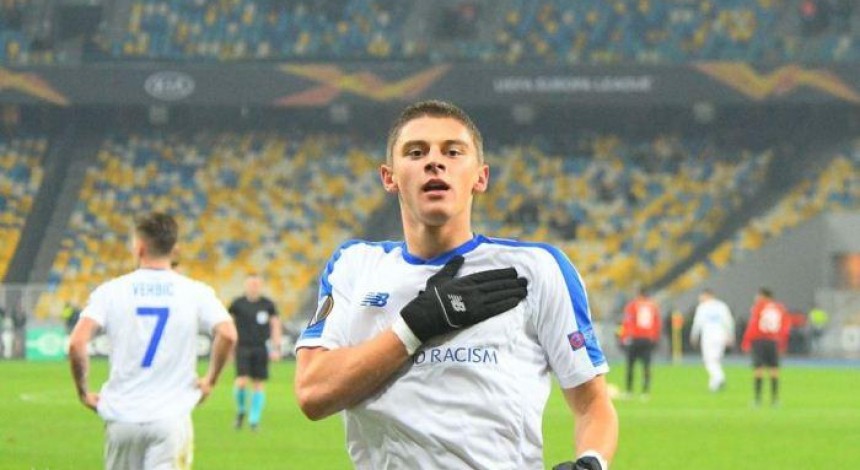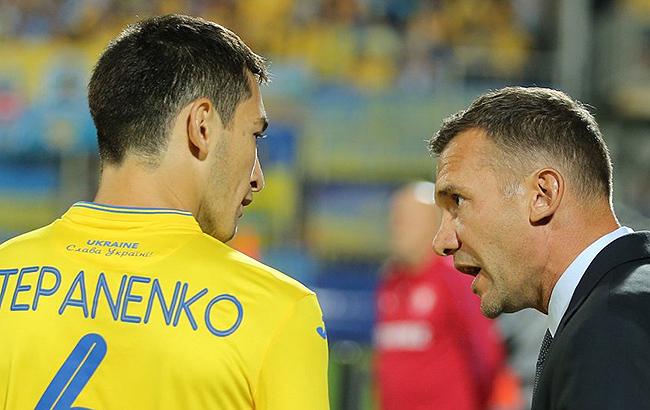Before Gareth Bale was Freddy Eastwood. The main hope of Wales, which almost everyone has forgotten
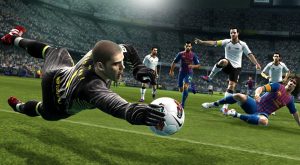 In August 2007, the 23-year-old striker scored a goal during his debut in the Wales national team, thanks to which Bulgaria was replayed. The blow impressed: Eastwood demonstrated desire, technique and precision, which was not expected from a beginner.
In August 2007, the 23-year-old striker scored a goal during his debut in the Wales national team, thanks to which Bulgaria was replayed. The blow impressed: Eastwood demonstrated desire, technique and precision, which was not expected from a beginner.
“It was a special goal. Finally, we have a football player who knows how to play on the edge. We heard about his exploits, and immediately tried to call him into the national team of Wales, ”recalls coach John Toshack.
After seven years and only ten outs in a T-shirt “dragons” Eastwood hung the shoes on the nail, and in fact he was only 30 years old. The native “Southend United” decided not to give more chances, although here he was, without exaggeration, a legend.
It is easy to say: wasted potential, one more perehvalenny young man who turned out to be empty. But it is not necessary to speak easily, because there will be those who will remember with warmth the adventures of the Welshman after many years.
Born in Epsom, Freddie moved to Essex in order to enter the Southend Academy, but rather quickly his plans changed: he was called by West Ham, where Jermain Defoe, Anton Ferdinand and Glen Johnson called.
It was possible to light up in the “Grace Athletic”, for which he scored 37 goals in the 2003/04 season. Yes, it was just an unprecedented Isthmian football league, but the clubs above still noticed talent. Northampton Town offered 100,000 pounds, followed by Swindon and even Charlton from the Premier League. But Eastwood stayed in Grace, continuing to score on each occasion.
In the end, it was Southend United that caught his attention. Initially transferred here on loan to replace the injured players of the base, Eastwood quickly adapted and began to hand out goals. “Swansea”, and then “Scunthorpe” and “Oxford” – the Welshman continued to form, and coach Steve Tilson had no choice but to sign it.
It was a rapid rise of a 21-year-old semi-professional clubs player. Eastwood scored 20 goals in the league and helped the club climb 13 positions. Thanks to victories against Northampton and Lincoln, Southend rose to League One, and then immediately won first place in the new division – all thanks to the newly-made star. No one had expected such a rapid rise without any serious investment.
It began to seem that Eastwood was a truly immense potential, as he continued to score without hesitation in any league where he found himself. As a result, 23 goals and the title of top scorer in the division. 25 in all tournaments – a record that the team has not broken.
Before Gareth Bale was Freddy Eastwood. The main hope of Wales, which almost everyone has forgotten
The attacker turned into a star, and therefore attention was paid to him outside the football field. Fans were intrigued by how proudly he attributed himself to the number of Romanian Gypsies, and legends about how he gets to the stadium on a horse scattered around the stadium, turning into chants and local folklore.
Someone thinks that Eastwood’s unwillingness to move has played into the hands of Southend, which has kept the player for the season in the Championship. Alas, there was no sharp rise, and by November the team won only twice. Eastwood scored, but without the same thirst.
It was in November that Eastwood cracked the loudest. In the League Cup, his team faced Manchester United itself, with Cristiano Ronaldo, Wayne Rooney and Darren Fletcher. The Red Devils confidently counted on an easy victory.
After 26 minutes, fully won by United, David Jones broke the rules on Jamal Campbell-Rice, and Eastwood went through the penalty area. He opposed the club, which he had loved since childhood, but this did not stop him: goalkeeper Tomash Kushchak could not help watching the ball slip away from him.
The result is a victory, although in the next round Tottenham Hotspot failed. At the end of the season the club left the Championship at all.
By this time, few people believed in the ability to keep the attacker. “Primorye” understood that their pet would not wait another year, and the fears were justified: in July 2007, Wolverhampton Wanderers put in its word, having laid out 1.5 million pounds.
At first it seemed that the deal was successful: for three games Eastwood scored four goals, and even became a player of the month in August.
At the same time, he successfully debuted for Wales, where he was called back in May, but injury prevented him. Until then, he was more than his own in England, but the connection of the grandmother with Wales provided a choice.
Alas, it was the beginning of the end of his glorious career. Everything snapped: the goals disappeared, the chances disappeared, and the “wolves” sent him back home without any problems.
Fans argued and demanded more chances – no one understood what happened to the future superstar. Maybe a homesickness? Inability to get used to the new team? Pressure from competitors Jay Bothroyd and Sylven Ebanks-Blake?
At first, even in the national team there were no problems, but the lack of goals against Norway, Ireland and Cyprus even angered the fans. Double Luxembourg for the return of people’s love was not enough.
